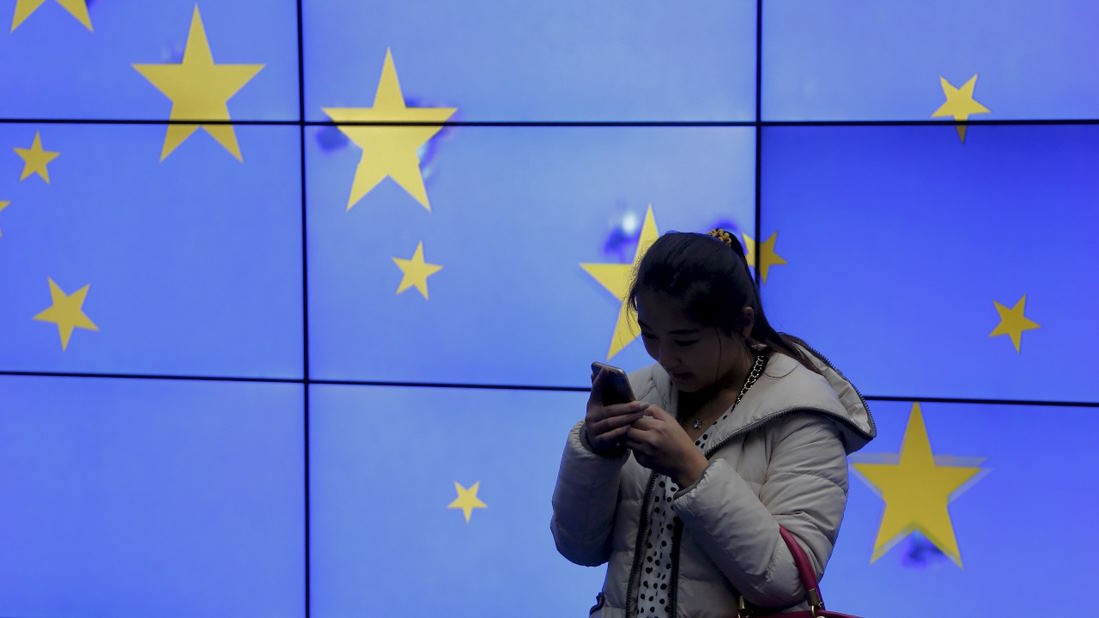The European tourism industry is a vibrant and vital sector that attracts millions of visitors each year. However, behind the scenes of this thriving industry, there are numerous legal and regulatory challenges that businesses must navigate. From European Union regulations to national laws, intellectual property issues to consumer protection, data protection to environmental regulations, and employment laws to crisis management, the European tourism industry faces a complex and evolving legal landscape.
Key Legal and Regulatory Frameworks
European Union regulations and directives
The European Union (EU) plays a significant role in shaping the legal and regulatory landscape of the European tourism industry. EU regulations and directives have a direct impact on cross-border tourism, ensuring a level playing field and facilitating the movement of tourists across member states. These regulations address various aspects, including consumer protection, data privacy, environmental sustainability, and competition. By harmonizing standards and policies across member states, the EU aims to create a unified and seamless experience for tourists traveling within Europe.
One of the key benefits of EU regulations is the harmonization of standards and policies. This means that tourism businesses operating in multiple EU countries can adhere to consistent rules, eliminating the need to comply with different sets of regulations for each country. Harmonization promotes efficiency and reduces costs for businesses, enabling them to focus on delivering exceptional experiences to tourists.
National laws and regulations
While EU regulations provide a framework for the European tourism industry, individual member states also have their own national laws and regulations. These country-specific requirements and variations can pose challenges for tourism businesses, especially those operating across multiple countries. Navigating the nuances of each country’s regulations, such as licensing, taxation, employment laws, and safety standards, can be complex and time-consuming.
Compliance with national laws and regulations presents additional challenges for tourism businesses. It requires a thorough understanding of the legal requirements and the ability to adapt operations and practices accordingly. From language barriers to cultural differences, tourism businesses must overcome various compliance challenges to ensure they meet the specific requirements of each country they operate in.

Intellectual Property and Copyright Issues
Protecting tourism brands and trademarks
In the competitive landscape of the European tourism industry, protecting tourism brands and trademarks is of utmost importance. Establishing a strong brand identity and trademark is crucial for attracting tourists and standing out from competitors. However, this also makes tourism businesses vulnerable to potential infringement by others.
To safeguard their brands and trademarks, tourism businesses must proactively register their intellectual property with the appropriate authorities. This includes trademarks, logos, slogans, and other distinctive elements associated with their brand. By doing so, businesses can enforce their rights and take legal action against any unauthorized use or infringement, thereby protecting their reputation and market position.
Copyright infringement in promotional materials
Promotional materials play a crucial role in attracting tourists and showcasing the unique offerings of a tourism business. However, without proper attention to copyright laws, businesses may unintentionally infringe upon the rights of others. Unauthorized use of images, videos, or written content owned by third parties can result in costly legal consequences.
To mitigate the risk of copyright infringement, tourism businesses should ensure they have appropriate licenses or permissions to use copyrighted material. This includes obtaining licenses for stock photos, securing written consent for testimonials or reviews, and properly attributing the source of any borrowed content. By respecting the intellectual property rights of others, businesses can maintain their credibility and avoid legal disputes.
Challenges with using third-party content online
In the digital age, using third-party content online has become commonplace in the tourism industry. However, this practice presents its own set of challenges in terms of intellectual property and copyright. Tourism businesses must be cautious when using content from social media, user-generated platforms, or other online sources.
Many online platforms have terms of use and copyright policies that restrict the use of content posted by users. Therefore, businesses must carefully review and comply with these terms to avoid potential legal issues. Additionally, there is a risk of inadvertently using copyrighted material without proper attribution or permissions, leading to copyright infringement claims.
To navigate these challenges, tourism businesses should consider creating original content or obtaining explicit permission from content creators before using their material. It is also advisable to implement clear guidelines and training for employees involved in content creation and marketing to ensure compliance with intellectual property and copyright laws.

Consumer Protection and Contractual Obligations
Legal obligations towards tourists
Consumer protection is a fundamental aspect of the European tourism industry. Tourism businesses have legal obligations towards tourists, ensuring their safety, well-being, and satisfaction throughout their travel experience. These obligations encompass various aspects, such as providing accurate information, delivering the promised services, and maintaining a high standard of quality.
Tourism businesses must adhere to laws and regulations that protect consumers against unfair practices, deceptive advertising, and substandard services. They are responsible for ensuring that the services and facilities they offer align with the representations made to the tourists, whether through brochures, websites, or other promotional materials.
Misleading advertising and pricing practices
Misleading advertising and pricing practices can erode consumer trust and tarnish the reputation of tourism businesses. To protect consumers, laws and regulations in Europe prohibit false or misleading advertising. Tourism businesses must provide accurate and transparent information about their services, prices, and any applicable fees or surcharges.
Moreover, price transparency is essential in the tourism industry. Businesses must clearly display the total cost of services, including any additional charges, taxes, or fees. Hidden costs or deceptive pricing practices are not only unethical but also in violation of consumer protection laws.
Refund and cancellation policies
Refund and cancellation policies are another crucial aspect of consumer protection in the tourism industry. These policies outline the rights and obligations of both the tourism business and the consumer in case of changes or cancellations to travel arrangements.
Tourism businesses must clearly communicate their refund and cancellation policies to consumers before they make a booking. These policies should be fair, reasonable, and comply with relevant laws and regulations. Consumers have the right to know the terms and conditions regarding refunds, cancellations, and any associated fees or penalties.
By having clear and customer-friendly refund and cancellation policies, tourism businesses can build trust and loyalty among consumers. They demonstrate a commitment to consumer rights and provide assurance to tourists that their interests are protected.
